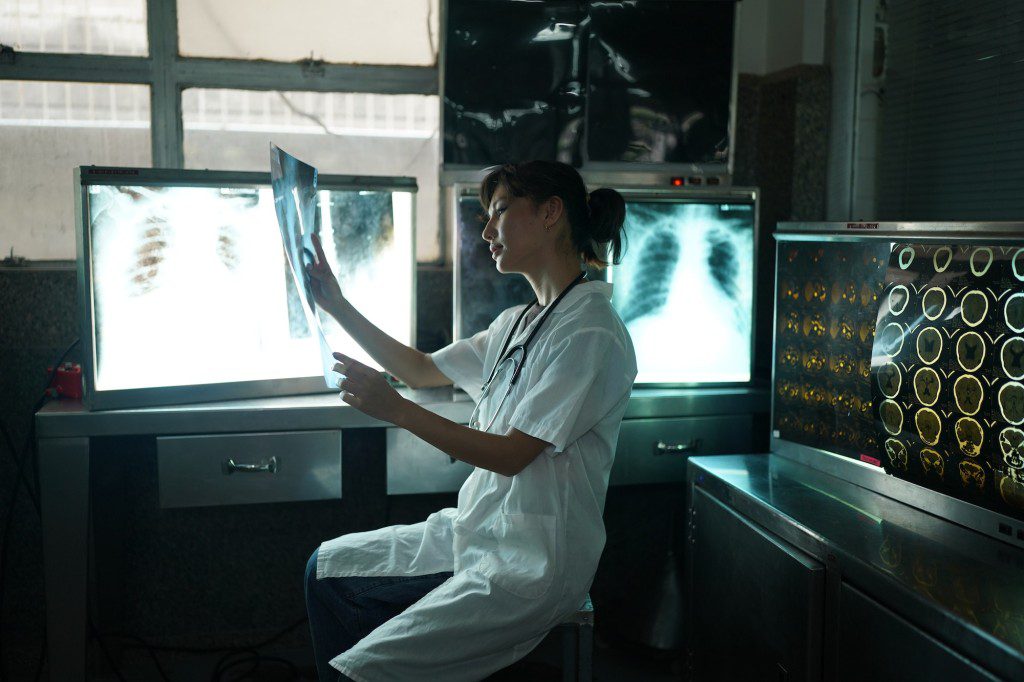
Emerging technologies in healthcare have revolutionized the way medical professionals diagnose, treat, and manage diseases. These technologies have made it possible to provide better patient care, improve outcomes, and reduce healthcare costs. From telemedicine to artificial intelligence (AI), these technologies are transforming the healthcare industry.
Telemedicine is one of the most significant emerging technologies in healthcare. It allows patients to receive medical care from a remote location through video conferencing or other digital communication tools. This technology has been particularly useful during the COVID-19 pandemic when social distancing is necessary. Patients can consult with their doctors without leaving their homes, reducing the risk of infection.
Another emerging technology that is transforming healthcare is AI. AI algorithms can analyze vast amounts of data quickly and accurately, providing insights that would be impossible for humans to detect. For example, AI-powered diagnostic tools can identify early signs of diseases such as cancer before they become symptomatic.
Robotics is another emerging technology that has great potential in healthcare. Robots can perform surgeries with greater precision than human surgeons, reducing complications and recovery times for patients. They can also assist with patient care tasks such as lifting and moving patients who are unable to do so themselves.
Wearable devices such as smartwatches and fitness trackers are also becoming increasingly popular in healthcare. These devices can monitor vital signs such as heart rate, blood pressure, and oxygen levels continuously throughout the day. This information can help doctors detect health problems early on and provide personalized treatment plans for patients.
In conclusion, emerging technologies in healthcare have transformed the way medical professionals diagnose, treat, and manage diseases. Telemedicine has made it possible for patients to receive medical care from a remote location while AI algorithms provide valuable insights into disease diagnosis and treatment options. Robotics has improved surgical precision while wearable devices allow for continuous monitoring of vital signs throughout the day. As these technologies continue to evolve over time, they will undoubtedly play an even more critical role in improving patient care and outcomes.
